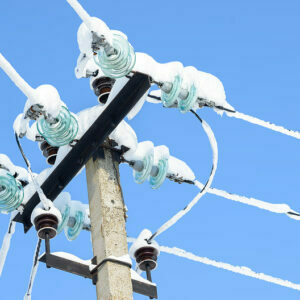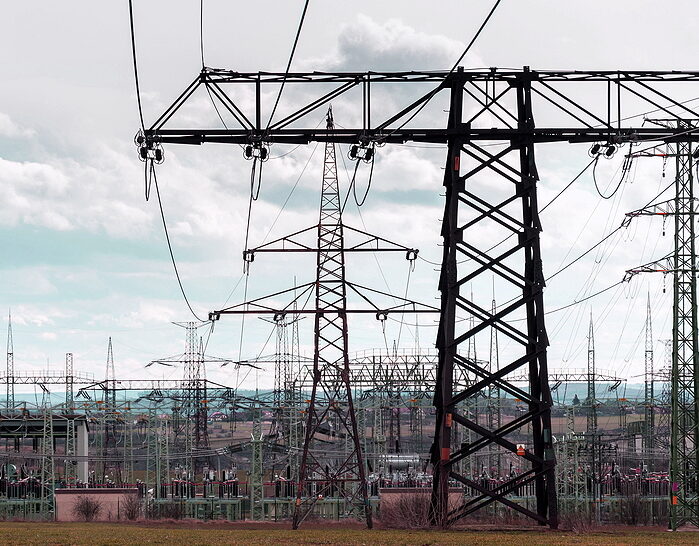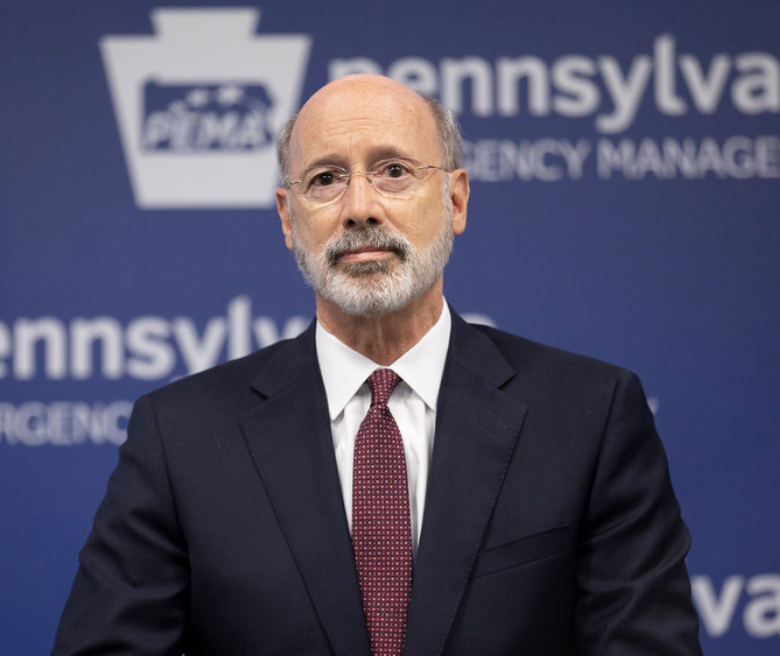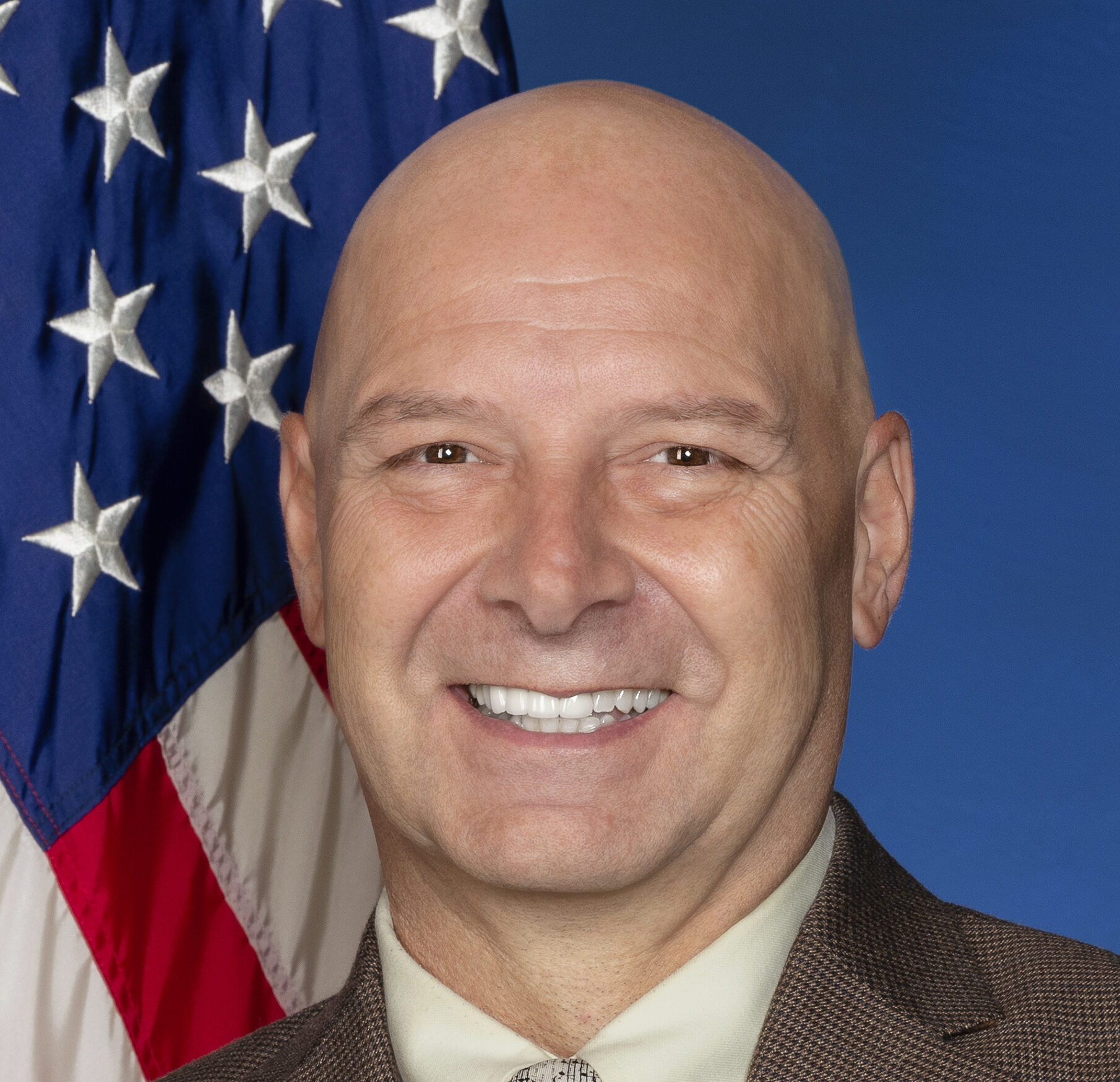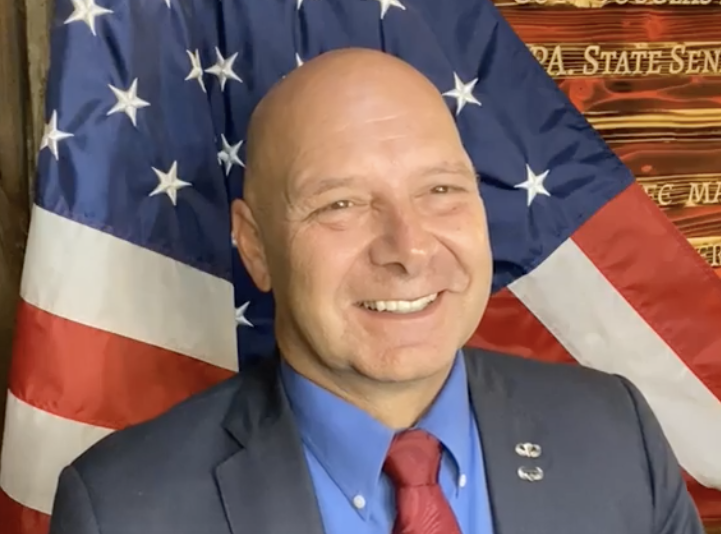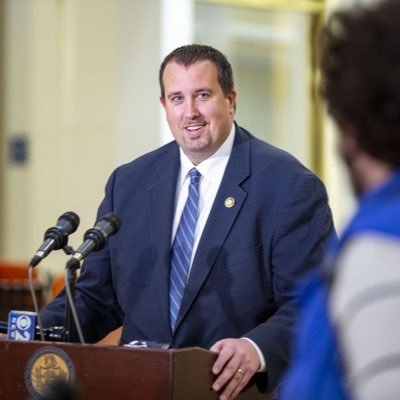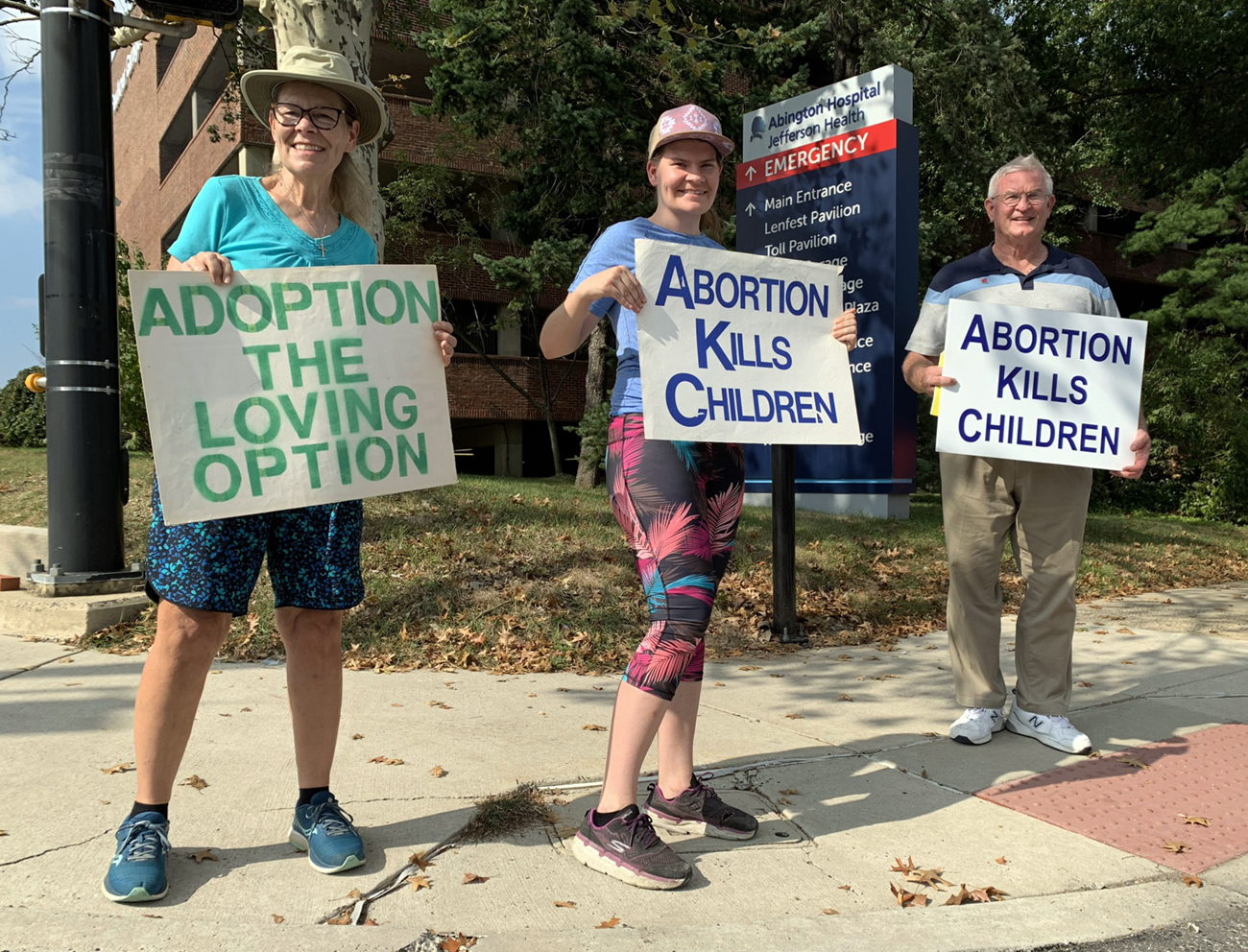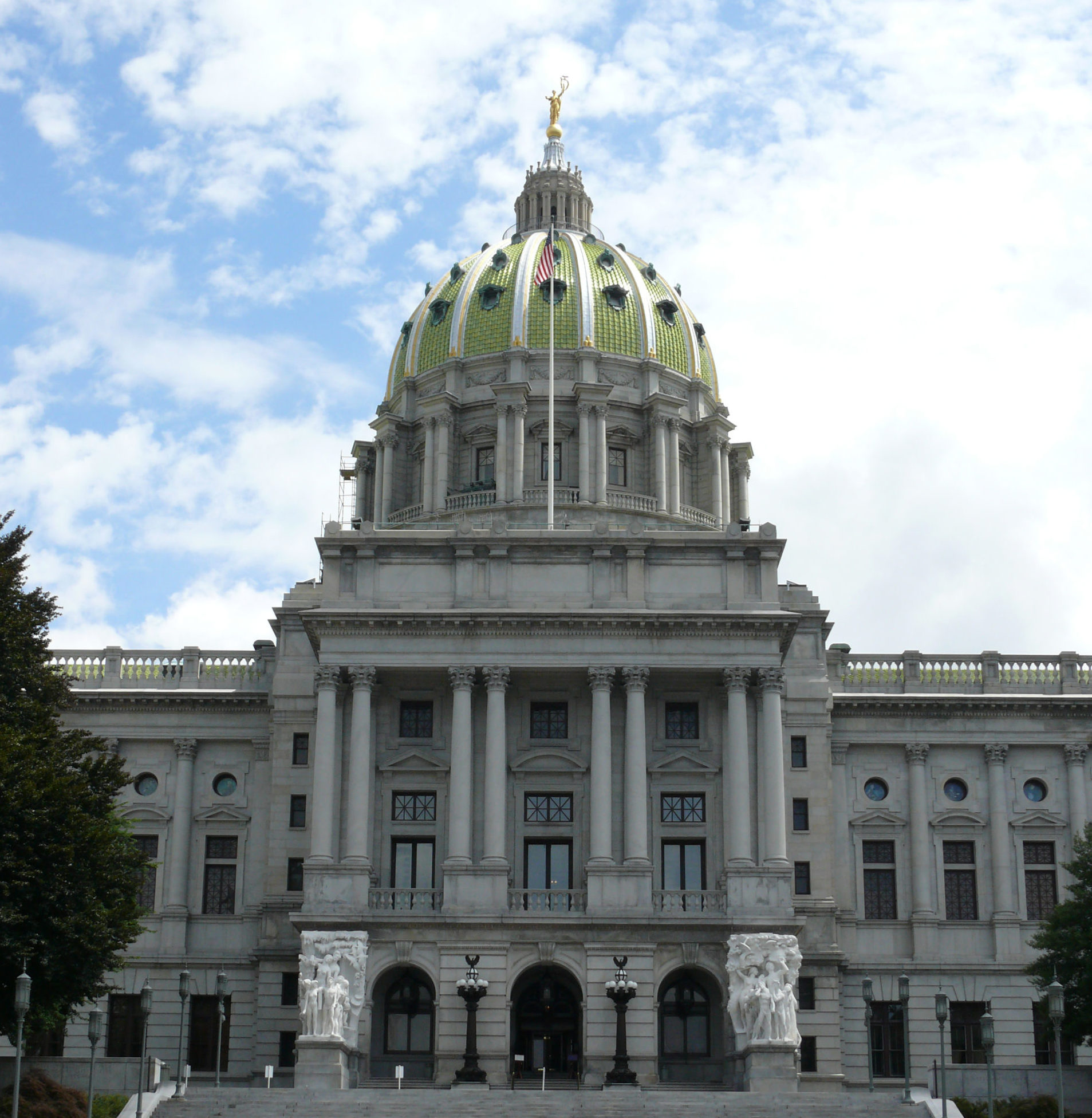Having heard witnesses say America’s largest power grid remains unreliable nearly a year after a close call with blackouts last Christmas, Pennsylvania State Sen. Gene Yaw called the testimony “a little scary.” Glen Thomas, a former Pennsylvania Public Utility Commission chairman who consults on grid issues, testified during a joint hearing of Pennsylvania and Ohio […]

